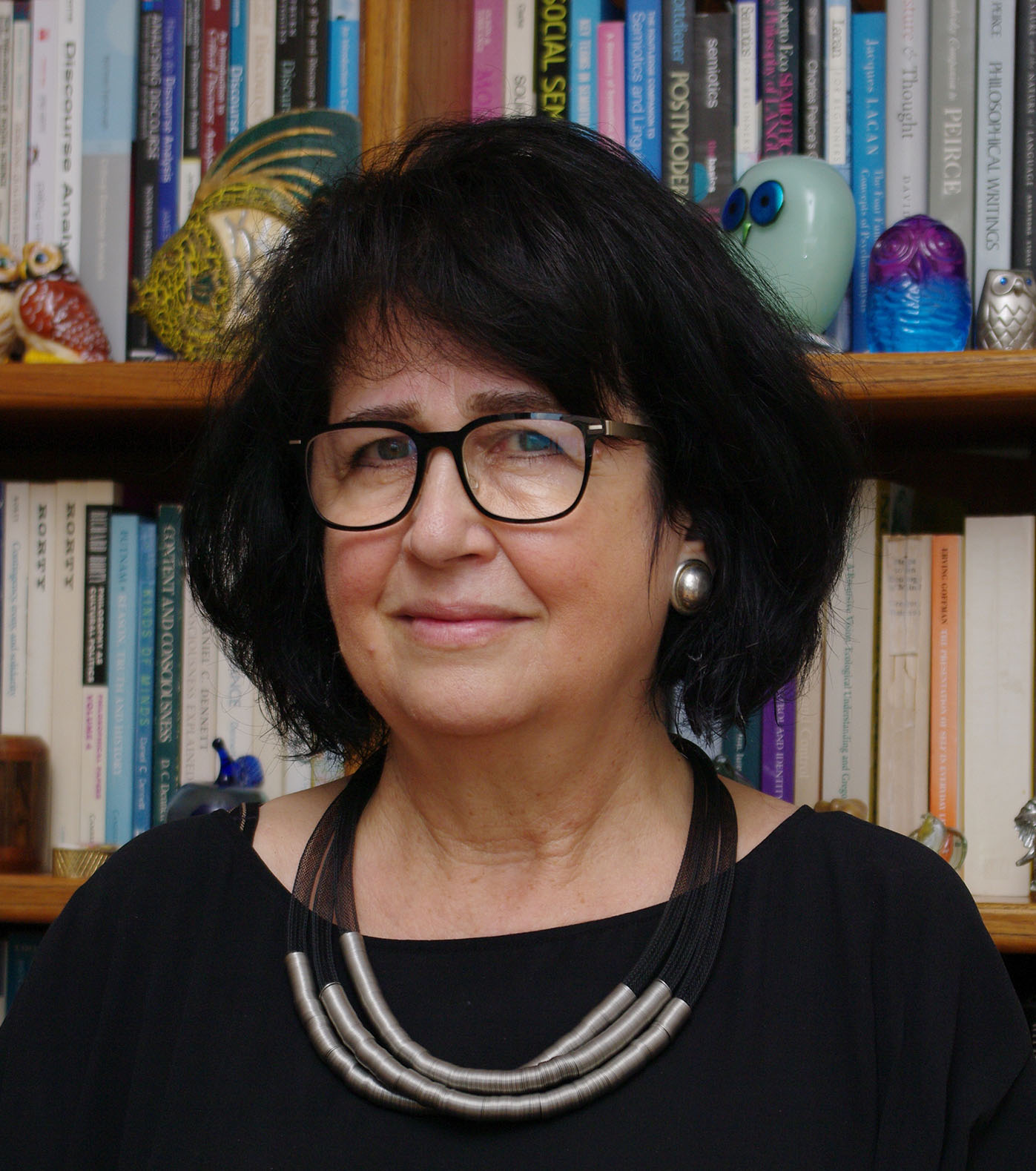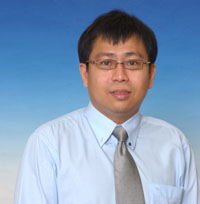
Professor Anna Sfard
Department of Mathematics Education
University of Haifa
Israel
Title. The devil in details: Mathematics teaching and learning as managing inter-discursive gaps
Abstract. Once teaching-learning events are conceptualized as inter-discursive encounters, it becomes clear that mathematics classroom talk is rife with invisible pitfalls. There are many types of unacknowledged discursive gaps, some of them necessary for learning, and some potentially harmful. Such gaps may exist also between the teacher’s intentions and her own habitual moves, most of which are too brief and automatic to be controlled. Unknown to the teacher, her basic communicational routines may constitute invisible crevices through which the prejudice enters the conversation on mathematical objects. In this talk, it will be argued that if devil is in the finest detail of classroom communication, it is the detail that must be considered in the attempts to exorcise the devil. The talk will begin with illustrations of these claims and will conclude with a reflection on how mathematics teachers may sensitize themselves to discursive pitfalls, how they and their students can benefit from those communicational gaps that are likely to generate learning, and how they can cope with those divides that hinder the process or infect it with unwanted messages.

Associate Professor Toh Tin Lam
Mathematics and Mathematics Education AG
National Institute of Education
Nanyang Technological University
Singapore
Title. Many Pathways towards “Excellence”: From One to Many?
Abstract. The traditional notion of “excellence” is characterized by the creation of a set of “obstacles” for students to pit against the norm. One measure of excellence is through the performance of students in international benchmark studies such as TIMSS and PISA. Another involves measuring the performance of the top elite in mathematics. In view of different understandings of excellence such as these, this lecture presents a portion of Singapore’s journey towards excellence in mathematics education. It illuminates the definition of “excellence” in the Singaporean context. The lecture draws on Singapore’s involvement in mathematics competitions as a springboard for deliberation. The evolution of the format and roles of mathematics competitions will be examined – in particular, how it began with involving the elite few to the mass student population and even teacher education - and eventually how this fits into the overall vision of the Singapore mathematics curriculum. The journey also demonstrates a move from “excellence” as externally imposed standards to an internal journey traversed by an individual.

Professor Vince Geiger
Institute for Learning Sciences and Teacher Education
Australian Catholic University
Brisbane, Australia
Title. “Becoming” a Researcher in Mathematics Education
Abstract. As a contribution to the legacy of the Annual Clements/Foyster Lecture, this lecture is devoted to the theme of becoming a researcher in mathematics education – a fundamental endeavour for MERGA from its foundation. I use the term becoming in the socio-cultural sense, that is, how a person develops in their role as a participating member of a community – in this case the MERGA research community. Participation leads to the development of an identify – in our circumstance as mathematics education researchers.
This presentation is not a research lecture in the traditional sense, rather, it is a reflection on how a research identify develops, though the support of colleagues, nationally and internationally. To exemplify such development, I will draw on my own lived experience of becoming – drawing attention to noteworthy junctures of progress (and failure) and how these led to: an understanding of history; appropriation of culture; and realisation of my own role and identify within mathematics education.